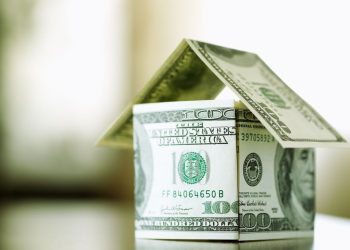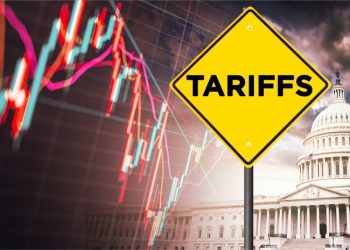For first-time homebuyers, the lead up to and through move-in day demands the level of energy one might expend training for a marathon—or scaling Mount Everest! So it’s not unusual or uncommon for new homeowners to lose sight of the necessary steps they need to take to ensure their financial foundation is as solid and long-lasting as the one under their new home.
Rebecca Lake at Investopedia.com reminds new homeowners that financial planning doesn’t stop once you sign off at the closing table—homeowners must protect their investment.
Check out the following information from this panel of experts aimed at helping new homeowners survive and thrive in their new residence:
Maintenance Cushion
A Bankrate survey estimates the average homeowner will spend an extra $2,000 per year on maintenance, including landscaping, housekeeping and minor repairs, so that’s a good financial cushion to plan for. That amount, however, doesn’t cover larger expenses you may encounter, like having to replace an HVAC system or roof, both of which can easily surpass $5,000.
Homeownership Savings
Freedom Financial Group Founder Tad Hill recommends first-time buyers should set up a separate homeownership savings fund to cover bigger repairs that amount to at least $5,000 to $10,000 in cash so it’s available when something breaks.
Needs vs. Wants
Mymoneycoach.ca says good money management involves separating needs from wants. If a homeowner isn’t sure if an item is a need or a want, try doing without it for a period of time. If after that time you truly can’t live without it, it may be a need.
Prioritize Your Debt
Nerdwallet.com blogger Elizabeth Renter affirms that your mortgage is likely your biggest debt, but that doesn’t mean it should be the biggest priority when it comes to paying off your debt. Renter says, before homeowners consider aggressively paying down their mortgage, they should consider eliminating higher interest debts like:
- Credit cards
- Payday loans
- Title loans
- High-interest personal loans
Extra Payment Plan
Renter adds that homeowners should only start thinking of making extra payments on a mortgage after all toxic debt is eliminated, your retirement is on track, and an emergency fund, like the one Hill mentioned, has ample cash.
John Voket is a contributing editor to RISMedia.












